Are Modular Homes Cheaper
When people begin researching new home construction, one of the first questions they ask is are modular homes cheaper? The short answer is often yes, but cost alone does not tell the whole story. The real value of modular homes extends beyond the price tag. Modular construction offers time savings, consistent quality, and long-term durability that can make it a smarter investment than traditional on-site building. By understanding how modular homes are designed and built, homeowners can see how affordability and quality come together to create one of the most efficient housing solutions available today.
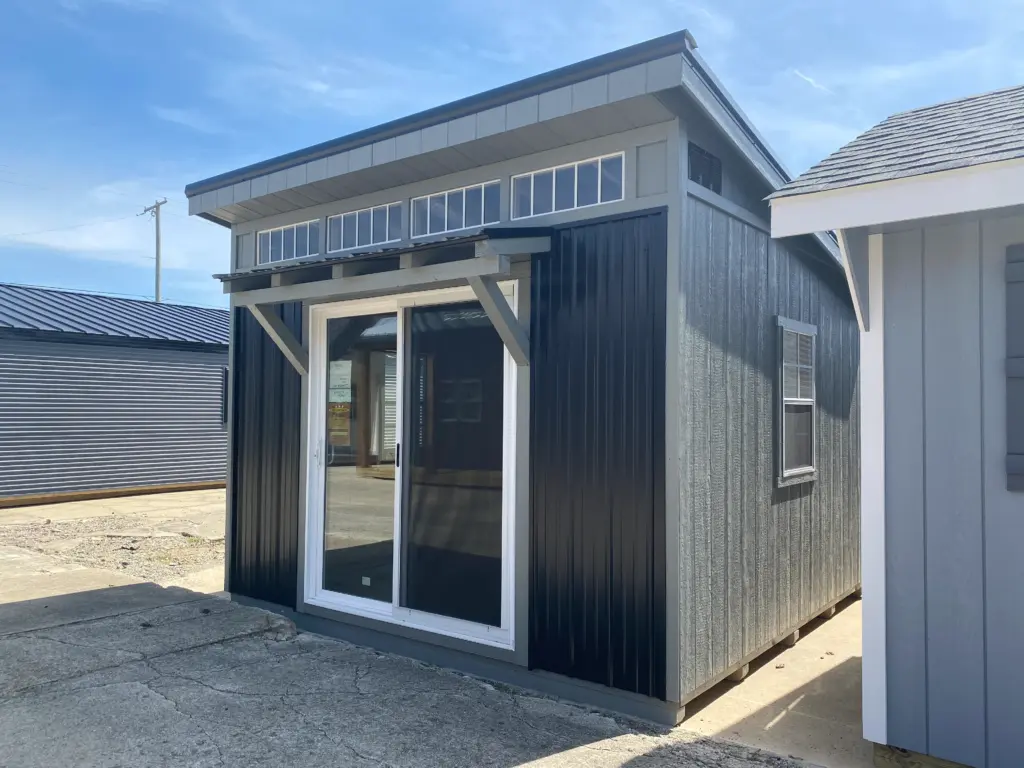
What a Modular Home Is
A modular home is built in sections, or modules, inside a factory-controlled environment. Each module is engineered with precision and assembled on-site once all components are completed. Unlike mobile homes, modular homes are constructed to meet or exceed the same building codes as traditional houses. This manufacturing approach ensures consistent quality, faster construction times, and reduced material waste. Because so much of the work happens indoors, weather delays are eliminated, and labor is used more efficiently. The result is a home that is completed in a fraction of the time and often at a lower overall cost.
Breaking Down the Cost Advantage
Modular homes typically cost ten to twenty percent less than comparable site-built homes. The primary reason for these savings lies in the production process. Materials are purchased in bulk, labor is streamlined, and the risk of weather damage or delays is nearly eliminated. Because the construction occurs in a controlled environment, builders avoid costly mistakes and rework that can occur on open job sites. Homeowners benefit not only from lower material costs but also from reduced construction time, which means less money spent on temporary housing or extended financing periods. These small efficiencies add up, making modular homes a financially sound choice for many buyers.
Time Savings: Building Smarter, Not Slower
One of the most significant advantages of modular homes is the speed of construction. Traditional home builds can take six months to a year or longer, depending on weather, labor availability, and material delays. Modular homes, on the other hand, can be completed in as little as eight to twelve weeks. Since the foundation work and factory construction occur simultaneously, projects progress quickly and efficiently. This shortened timeline allows families to move in sooner and reduces overall financing costs. Time savings are not just convenient; they also translate directly into measurable financial value.
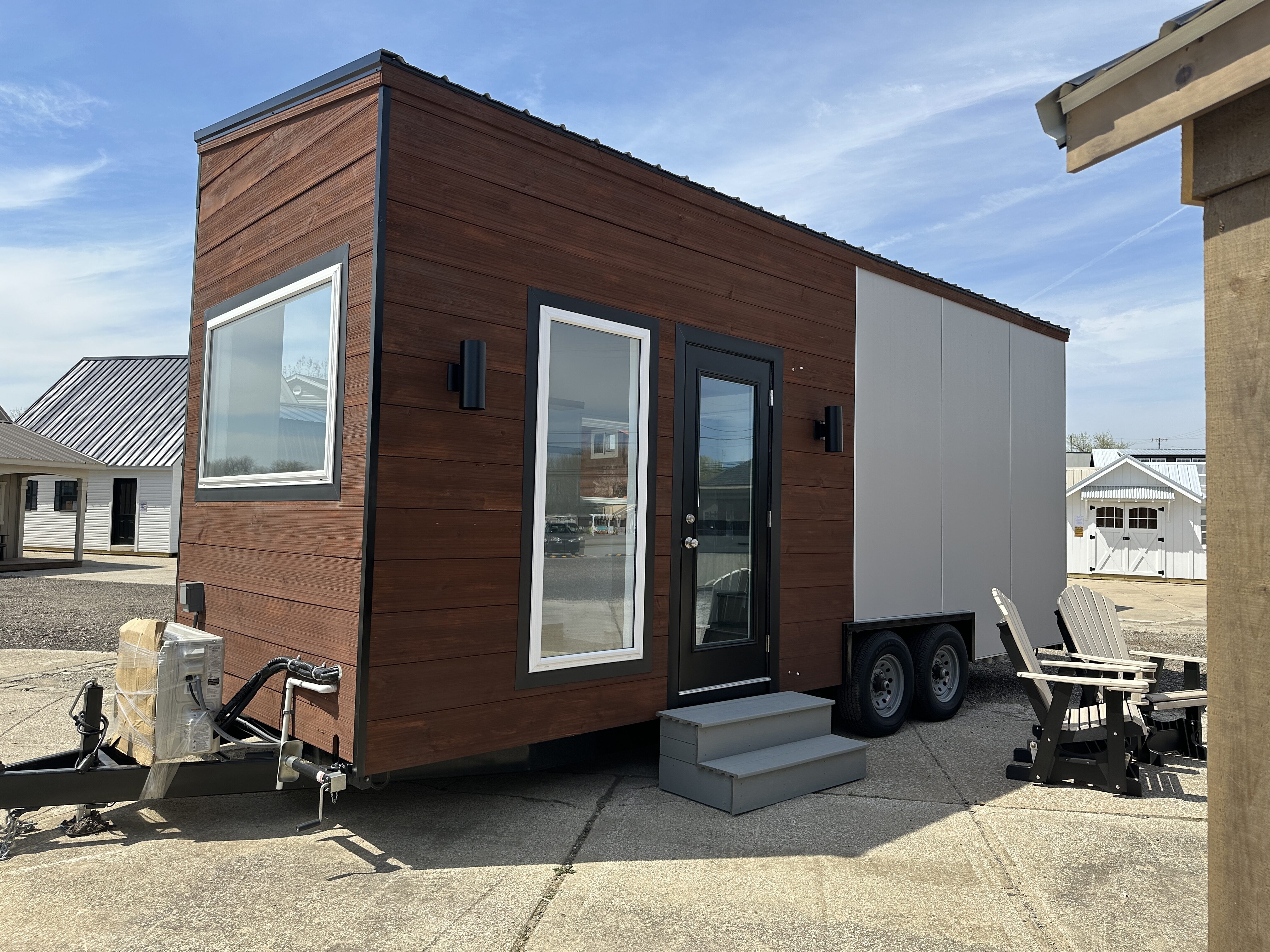
Quality Control and Long-Term Value
While modular homes may be less expensive to build, they are not cheaper in quality. Every section is inspected at multiple stages of production to ensure compliance with building codes and structural standards. Because the construction happens indoors, materials are not exposed to moisture, extreme temperatures, or dirt, which can weaken conventional structures. Modular homes often feature strong framing and high-grade insulation, contributing to energy efficiency and comfort. Many modular builders also use precision tools and machinery that achieve tighter construction tolerances than what is possible in traditional homebuilding. The result is a home that feels solid, performs efficiently, and lasts for decades.
Energy Efficiency and Reduced Maintenance Costs
Another factor that adds to the long-term value of modular homes is energy efficiency. The factory construction process allows for better insulation, air sealing, and window installation, reducing energy loss. As a result, homeowners spend less on heating and cooling. In addition, because of the precise nature of the build, modular homes often require less maintenance over time. Materials are measured and fitted perfectly, reducing future problems such as leaks or settling. This level of precision not only enhances comfort but also lowers the total cost of ownership, making modular homes a wise choice for those thinking long-term.
Design Flexibility and Customization
One misconception about modular homes is that they lack customization. In reality, today’s modular designs offer a wide range of options for layouts, finishes, and architectural styles. From open-concept living areas to multi-level floor plans, modular homes can be tailored to fit nearly any lifestyle or aesthetic preference. Builders now provide customizable kitchens, bathrooms, and exterior finishes that rival traditional homes in every way. This flexibility means homeowners can achieve both affordability and personal expression, creating spaces that truly reflect their vision while staying within budget.
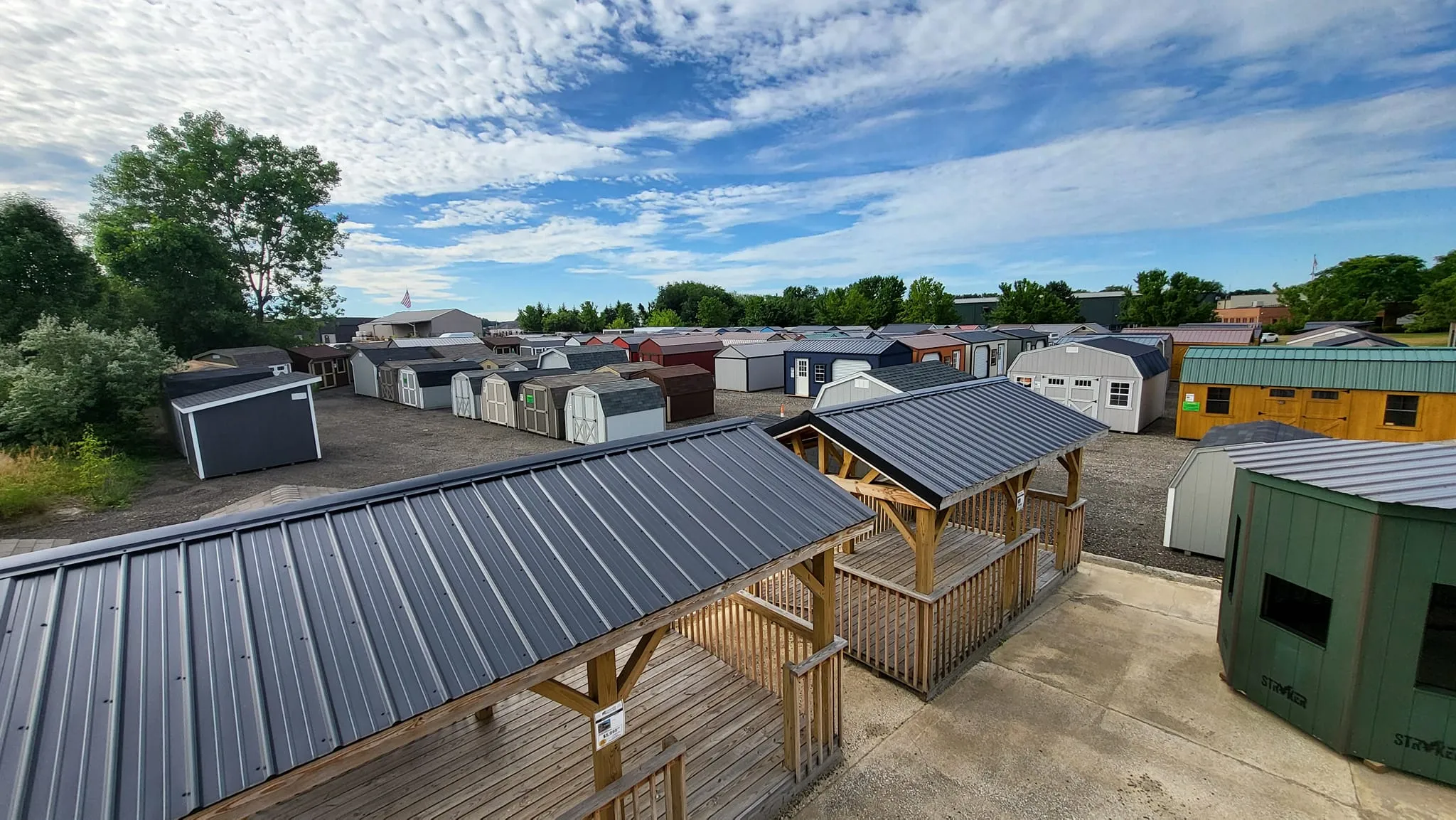
Durability and Weather Resistance
Modular homes are engineered for strength. Since each module must withstand transportation from the factory to the site, they are built with reinforced framing and structural stability. This makes modular homes exceptionally sturdy once assembled. In many cases, they outperform traditional homes during storms or high winds. Their tight construction also reduces air infiltration, which improves indoor comfort and energy efficiency. Builders use advanced materials that resist warping, moisture, and pests, ensuring each home maintains its integrity for decades. These qualities reinforce that modular homes provide long-term reliability, not just short-term savings.
How Modular Homes Save on Labor
Labor costs are one of the largest expenses in homebuilding. Because modular homes are assembled in a factory setting, skilled labor can work more efficiently without delays caused by weather or scheduling conflicts. Fewer on-site workers are required, and the assembly process is faster once the modules arrive. This streamlined approach not only saves time but also reduces the potential for human error. Fewer mistakes mean fewer costly corrections, which further drives down the final price. Homeowners gain both cost efficiency and the reassurance that their home was built to precise standards by experienced craftsmen.
Environmental Benefits and Sustainability
Beyond financial savings, modular construction is also more sustainable than conventional methods. Factory environments allow builders to use materials efficiently, reducing waste by up to half compared to on-site building. Many modular manufacturers also recycle unused materials and implement environmentally conscious production practices. With energy-efficient designs, better insulation, and reduced transportation requirements, modular homes contribute to a smaller environmental footprint. For homeowners who value sustainability, these homes offer an eco-friendly alternative without compromising comfort or style.
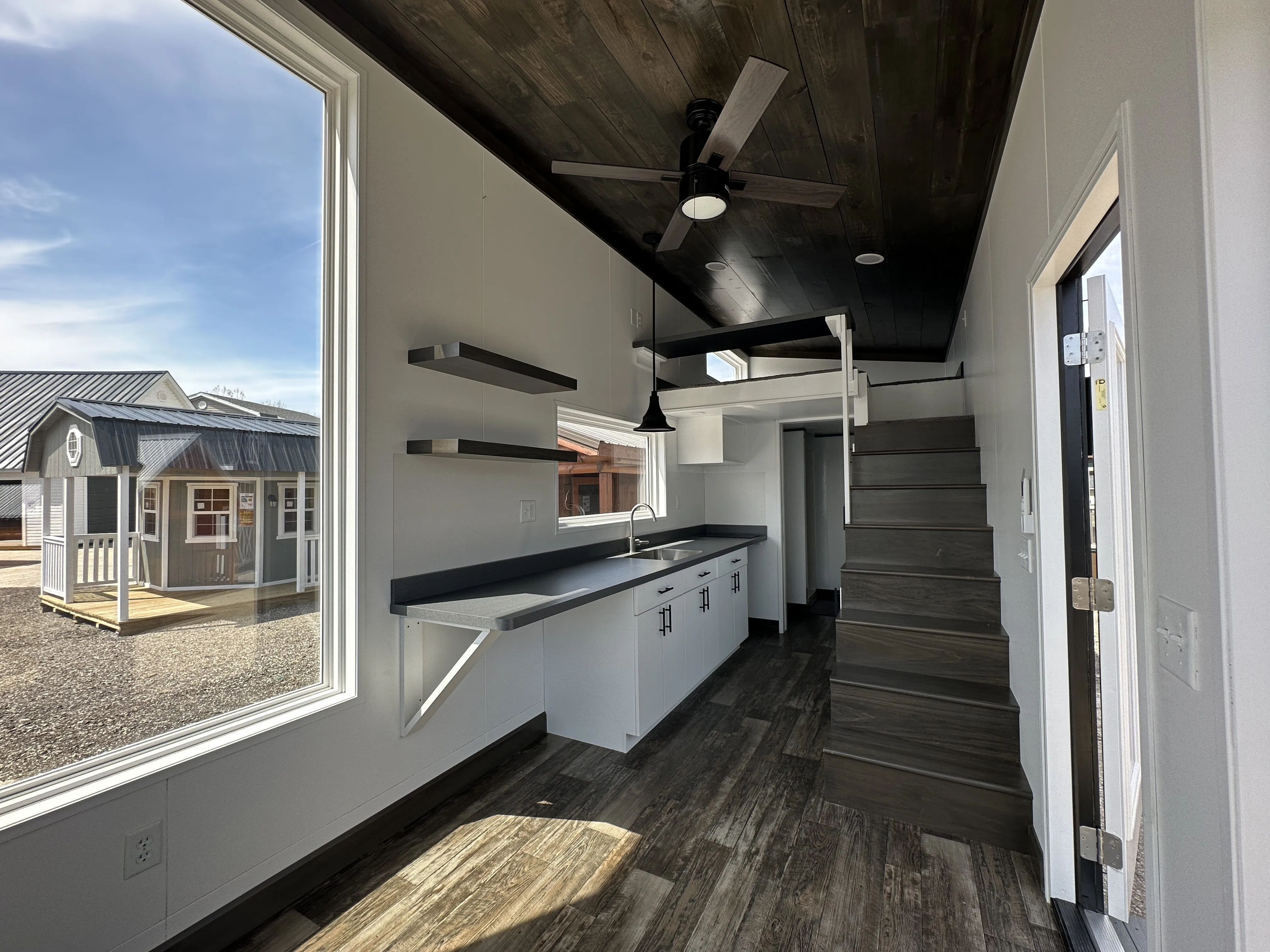
Comparing Long-Term Value to Traditional Homes
While modular homes often have a lower initial cost, their long-term value is equally impressive. Because they meet the same codes as site-built homes, they qualify for the same financing, insurance, and appraisal standards. Studies have shown that modular homes appreciate in value similarly to traditional homes, especially when well maintained. The consistent quality and modern materials used in modular construction ensure longevity, making them a solid investment for both first-time buyers and families looking to build for the future. This combination of lower upfront cost and enduring value makes modular homes a strong contender in today’s housing market.
When Modular Homes Make the Most Sense
Modular homes are ideal for those who want a quick, high-quality home at a reasonable cost. They are especially beneficial for homeowners in regions with short construction seasons or unpredictable weather. Because the majority of the work happens indoors, builders can meet deadlines regardless of outdoor conditions. For growing families, retirees, or anyone looking for an efficient path to homeownership, modular homes offer an attractive balance of affordability, craftsmanship, and speed. This unique combination of benefits makes them one of the most practical choices in modern housing today.
Exploring Affordable Living Options
While the focus here is on modular homes, affordability extends to outdoor living as well. At Hartville Outdoor Products, you can find Patio Furniture For Sale that offers the same balance of value, durability, and design seen in modular construction. These high-quality collections prove that beauty and strength can go hand in hand without inflating the cost. Just like modular homes, they represent lasting value and craftsmanship that enhance your home’s comfort and appeal year after year.
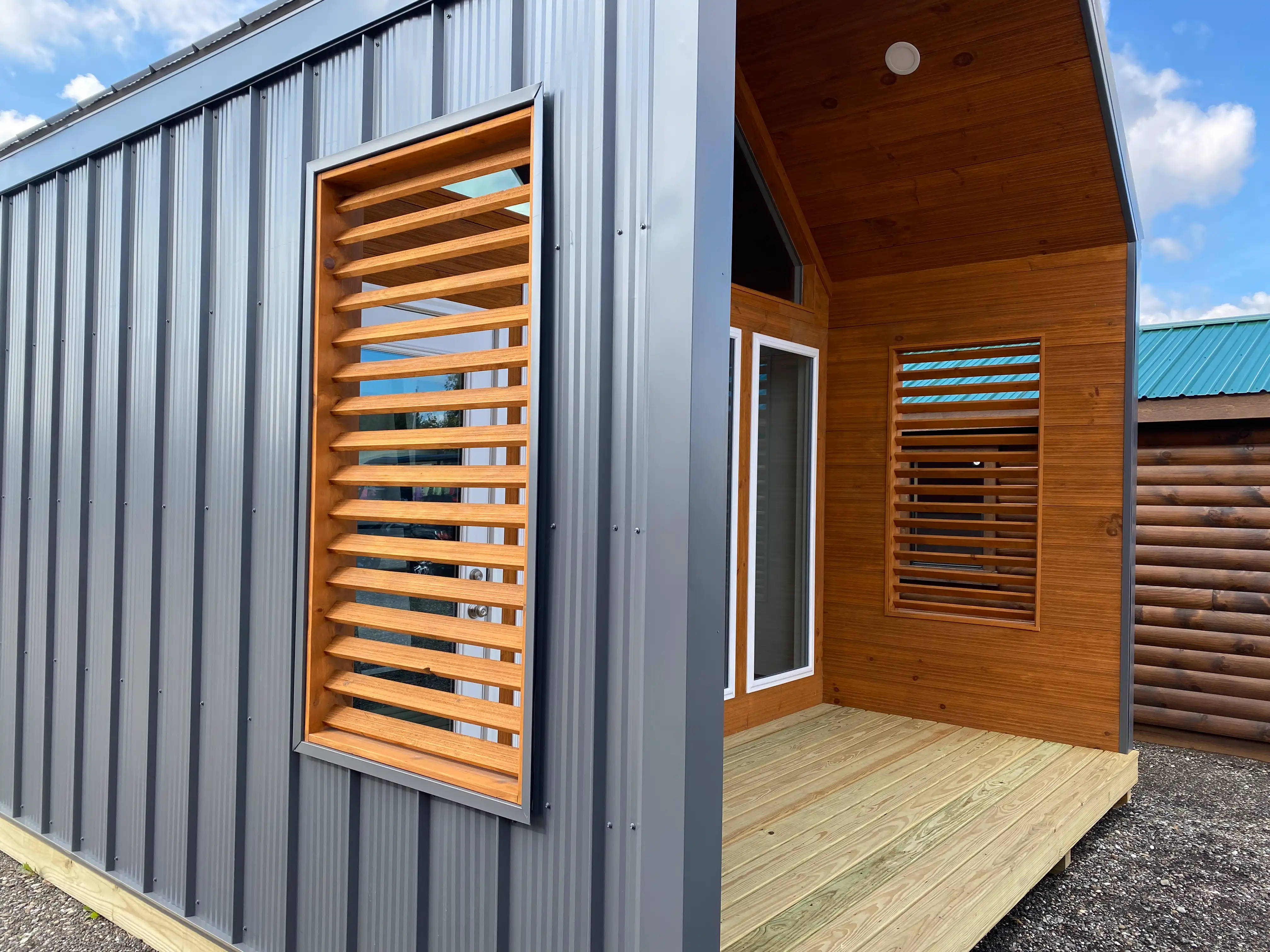
Expert Perspective
Experts at Family Handyman note that modular homes have grown in popularity not just for their lower costs but for their reliable performance and design quality. They emphasize that the ability to control every aspect of the build in a factory environment leads to stronger, more consistent results. Their insights mirror what many homeowners already know: modular housing is no longer a budget compromise but a smart, forward-thinking way to build a dream home with confidence and efficiency.
Conclusion
So, are modular homes cheaper? In most cases, yes, but their true value lies in more than just affordability. They combine precision craftsmanship, speed of construction, and long-term quality that rivals traditional building methods. Modular homes save time, reduce waste, and provide energy-efficient comfort that lasts for decades. For homeowners who value smart spending without sacrificing quality, they represent one of the best housing options available today. To explore modular-style craftsmanship and durable outdoor living solutions, visit Hartville Outdoor Products. Their collection of sheds, cabins, and patio furniture blends strength, beauty, and value in every design, just like a well-built modular home.
